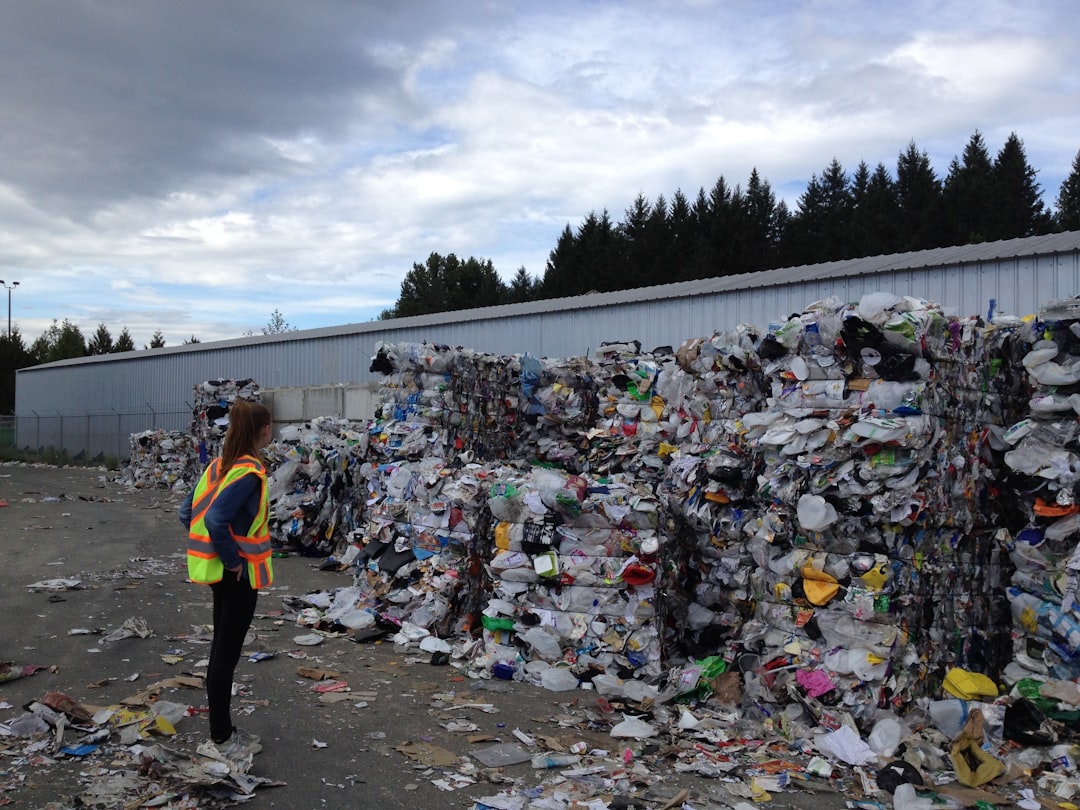If you are in the market for a new home or investment property, buying a foreclosed property can be a great option. Foreclosed properties are typically sold at a lower price than market value and can offer a great opportunity for savvy buyers. However, purchasing a foreclosed property can also come with its own set of challenges and risks. To help you navigate the process, here are some important tips for buying a foreclosed property:
1. Do your research: Before you start searching for foreclosed properties, it’s important to do your homework. Research the market in your area and educate yourself about the foreclosure process. Make sure you understand the risks and potential pitfalls of buying a foreclosed property. You should also familiarize yourself with the different types of foreclosures, such as bank-owned properties and short sales.
2. Get pre-approved for a mortgage: Before you start looking at foreclosed properties, it’s a good idea to get pre-approved for a mortgage. This will give you a clear idea of how much you can afford to spend on a property and will also show sellers that you are a serious buyer. Having pre-approval can also help you move quickly when you find a foreclosed property that you are interested in.
3. Work with a real estate agent experienced in foreclosures: Buying a foreclosed property can be a complex process, so it’s important to work with a real estate agent who has experience with foreclosures. An experienced agent can help you navigate the process, negotiate with sellers, and avoid potential pitfalls. They can also help you find foreclosed properties that meet your criteria and budget.
4. Inspect the property: Before making an offer on a foreclosed property, it’s important to inspect the property thoroughly. Foreclosed properties are often sold as-is, so you need to be aware of any potential issues or repairs that may be needed. Consider hiring a professional home inspector to evaluate the property and provide you with a detailed report. This will help you make an informed decision about whether the property is worth purchasing.
5. Understand the risks: Buying a foreclosed property can come with some risks, so it’s important to be aware of them before you make a purchase. One common risk is that the property may have liens or other encumbrances that could affect your ownership rights. Another risk is that the property may be in poor condition and require significant repairs. Make sure you understand these risks and factor them into your decision-making process.
6. Be prepared for competition: Foreclosed properties are often priced below market value, which can attract a lot of interest from buyers. Be prepared to face competition from other buyers, and be ready to move quickly if you find a property that you are interested in. Consider submitting a strong offer with a quick closing timeline to stand out from other buyers.
7. Have a contingency plan: Finally, it’s important to have a contingency plan in case the purchase of a foreclosed property falls through. Make sure you have a backup plan in place, such as looking for other properties or considering other investment opportunities. Be prepared for unexpected challenges and be flexible in your approach to buying a foreclosed property.
Purchasing a foreclosed property can be a great way to find a bargain in today’s real estate market. By following these tips and working with experienced professionals, you can navigate the process of buying a foreclosed property with confidence. Be diligent in your research, thorough in your inspections, and prepared for competition, and you’ll be well on your way to finding a great deal on a foreclosed property.











